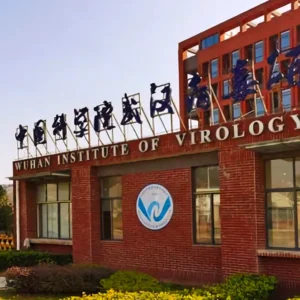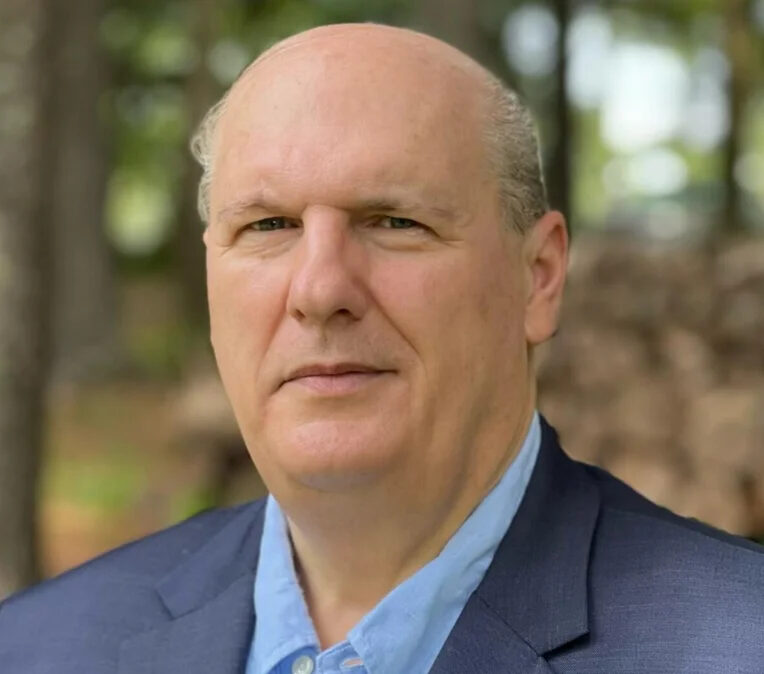Nothing has damaged to the public’s trust in the public health bureaucracy more than the government’s response to the COVID-19 pandemic. Agencies tasked with creating and articulating plans to respond to public health emergencies abandoned that preparation and mindlessly stumbled through the pandemic.
Every week, the “experts” guided how far to stand away from other people while outdoors or whether washing fruits and vegetables from the grocery store was necessary. In the end, much of the guidance these officials provided was ineffective. Of course, that didn’t stop the most insufferable person in your neighborhood from loudly demanding that you comply.
In the early days of the COVID-19 pandemic, public health officials vigorously denied claims that the virus could have leaked from a research lab in Wuhan, China. They quickly characterized this as a conspiracy theory, even though according to congressional testimony from NIH deputy director and former acting NIH director Lawrence Tabak, the NIH funded gain-of-function research in Wuhan — the very activity that could create a lethal, easily transmitted virus.
Commentators and public health officials even went as far as calling it racist to explore the lab leak theory.
The public health bureaucracy was willing to engage in extreme tactics to compel Americans to follow their “health guidance” and accept their preferred narratives. No tactic is more important to shine a light on and fight going forward than government-directed censorship.
The government’s attempts to combat and silence narratives that would arouse scrutiny extended to social media. As Rep. Jim Jordan of the House Judiciary Committee recently revealed, the White House and the COVID Response Team engaged in a months-long effort to censor speech online through direct communications with Facebook.
The administration also participated in systematic censorship activities with private actors, such as “misinformation experts” and other big-tech companies. These censorship activities served as the basis for the recently decided Murthy v. Missouri Supreme Court case, in which the court essentially punted the issue on technicalities.
While the Supreme Court missed an opportunity to defend the First Amendment, the issue is far from resolved. The lessons from the Murthy case are invaluable and should inform future litigation. Congress still has an opportunity to apply these lessons and take decisive action.
Jordan’s request to Dr. Anthony Fauci to appear before the House committee to discuss the COVID Response Team’s censorship partnership with Facebook is just the first step. The committee should continue to take the government’s censorship activities seriously and expand the probe into others who collaborated to censor unfavored narratives.
However, the lab-leak theory of the virus’ origin is the first, and perhaps most important, COVID censorship issue. Many of the public health officials making misguided safety recommendations dismissed logical questions about the theory.
The question remains: Why did these officials feel compelled to weigh in on the matter? They apparently knew about the risky gain-of-function research at the Wuhan lab and who had funded it.
Gain-of-function research has been continuing in partnership with the Wuhan Lab since at least 2015. Scientists are heavily incentivized to conduct this research because it is relatively easy to perform and fund. Research journals are eager to publish papers on the subject.
It is obvious to see the web of conflicts of interest and the competing incentives at work throughout this saga. Public health officials work with scientists on the latest cutting-edge research, regardless of public health importance. That work is then published in prestigious science journals. The funding is then deemed a success, with another round of funding granted to the scientists, who then push the limits even further with riskier research. It’s a never-ending cycle exacerbated by these professional circles being small and thus inherently prone to conflicts of interest.
The American public is the loser in all of this. We listened to public health officials at the beginning of the pandemic, performing pointless mitigation measures that had no scientific basis. We trusted that what we were being told would help keep ourselves and our families safe, even if it meant suffering through lockdowns, job losses and constant anxiety.
In the end, however, those public health officials had their own agenda. They were often conflicted and seemingly fought to censor Americans who threatened their arrangement with the research community. Without a significant overhaul, it is difficult to see how we can trust them again.





